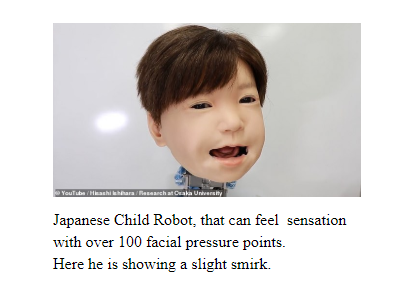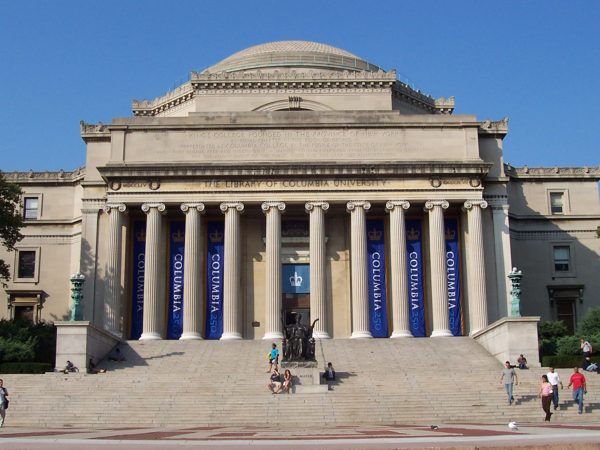Becoming “More Human”: Inside AI Advancement

Humans have been advancing technology since the beginning of their time on Earth. More recently, humans have been working to create the ultimate form of robots, also known as AI. AI, or artificial intelligence, is the intelligence exhibited by a machine, rather than a human. Advancing AI has been the subject of many ethical and safety concerns. People wonder if it’s right to create something so human-like and inflict pain or suffering on it. They also wonder if it’s dangerous to continue to advance AI to the point of singularity. Singularity is the theory that one day humans will have advanced technology too far, where they become smarter than humanity as a whole, and it results in our downfall.
Some of the world’s most innovative people, like Stephen Hawking, Bill Gates, and Elon Musk, have all voiced their concerns over AI advancement. Other researchers and scientists have found that if AI does become smarter than us, it won’t take over in the malicious way we see in movies. Instead, the AI may dangerously misinterpret or take our commands too literally. It is more likely that AI will “just have different goals than us” than it is that they will become “evil”.
Despite our concerns as a society, there is one country that consistently makes new robots. In Japan, they believe that everything, even inanimate things, has a spirit. They don’t have to consider “What it means to be human?” while researching because they already believe the robot has a spirit. In Japan, Dr. Hisashi Ishihara and his team have recently been working on creating a robot that can “feel pain”. They have made Affetto, which means affection in Italian, a boy-like robot that they elicit electrical shocks on in an attempt to stimulate pain. It is believed that pain is one of the most important emotions or feelings that humans can have that will lead them to feel more compassionate. The scientists’ goal is to make Affetto more empathetic so that he, and other robots like him, can provide companionship for Japan’s growing elderly population.
Research and advancement like that of Japan’s is much rarer in Western countries, as we have more reservations involving those issues. Pennridge student, Nathan Carlucci believes that, “it’s a bad idea” to try to make robots “feel” any sort of pain. He also believes that if AI were to ever become smarter than us, they should not be made into slaves because, if put into a computer program, AI “would be able to go free on its own and there would be no way to remove it” and it “would never be able to die”. So, while intelligence allegedly “enables control”, AI might not “control” us humans in the way authors and filmmakers once thought. AI advancement might just continue to cause ethical and scientific dilemmas, either to the point where research is stopped or to where singularity is reached. We can hope that, if the latter scenario is reached, that we have more caring robots, like Affetto, surrounding and supporting us.
Grade 12
Enjoys painting and reading.
Plans on going to college to pursue a career.



